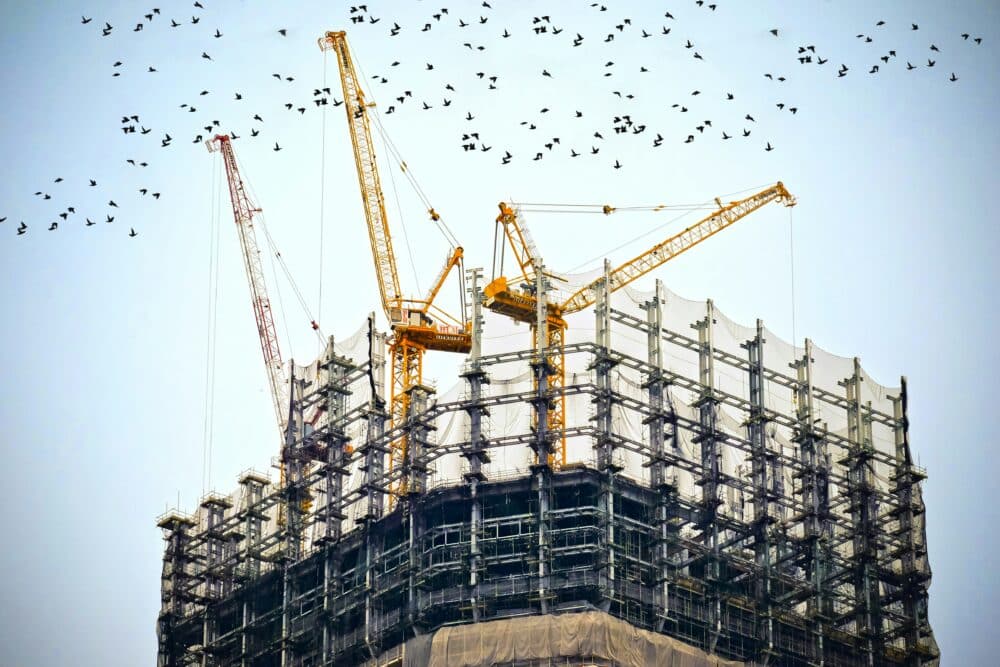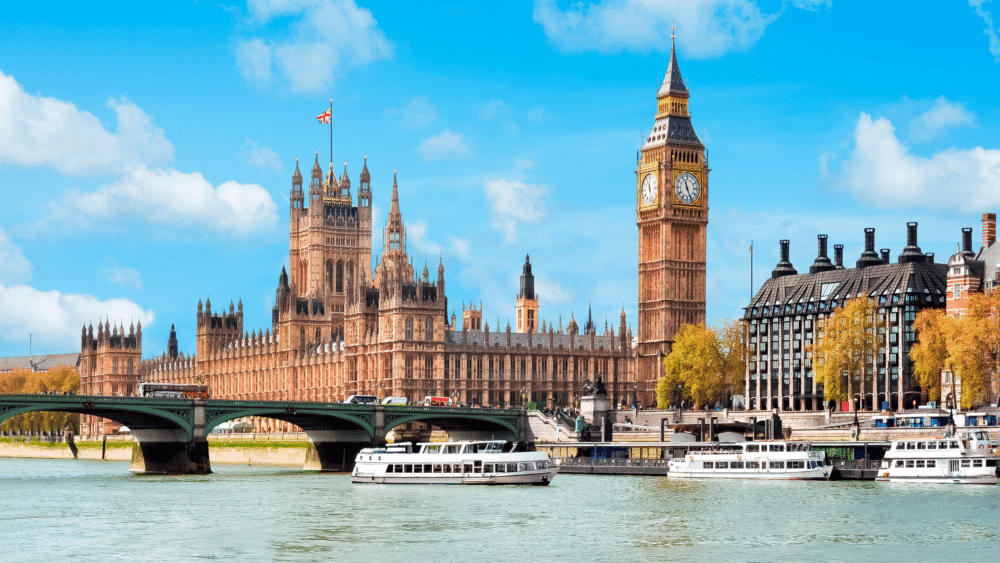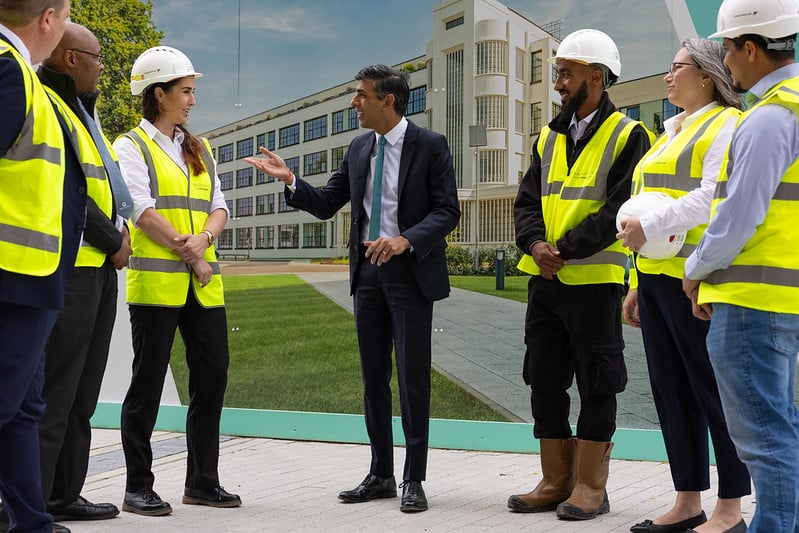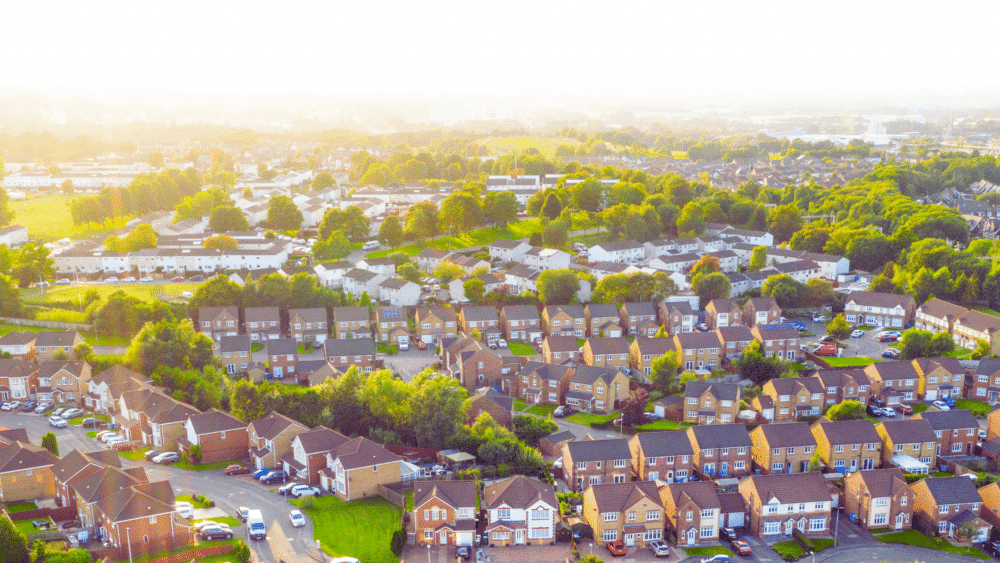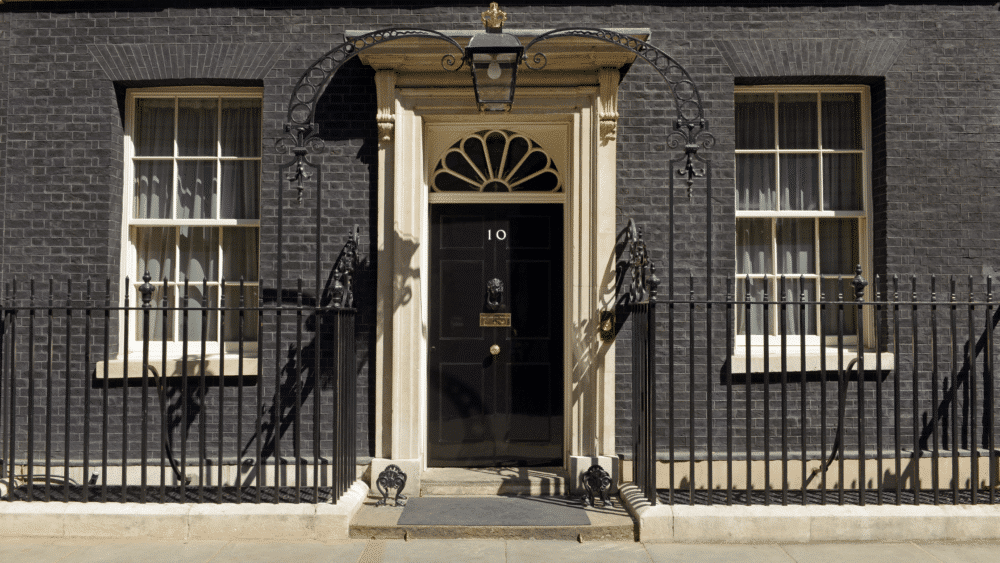We are taking on the Victoria Line Challenge to support Housing for Women
Team BR is set to undertake the Victoria Line challenge on August 2nd 2024. The team will walk the entire 15-mile route of the London Underground’s Victoria Line.
From Walthamstow Central to Brixton, the team will walk to raise vital funds for our charity partner, Housing for Women.
Read MoreWhat does Labour’s win mean for the green transition?
The landslide Labour victory in the 2024 UK General Election marks a significant turning point for the nation’s policies, ambitions and green transition.
The party’s commitment to delivering on change is clear and their plans to tackle our changing climate are key amongst these ambitions.
Read MoreHousing takes centre stage in Rachel Reeves’ first speech
Within just 72 hours of winning the polls, Chancellor Rachel Reeves has set out Labour’s commitment to economic growth and housebuilding with a series of policy announcements. In her first speech as Chancellor, Reeves made clear that Labour will now deliver on its mantra to ‘Get Britain Building Again’.
Read MoreOur clients’ reaction to Labour’s victory in the General Election
With the results of the UK General Election appointing Keir Starmer as our new Prime Minister, leaving Labour victorious over the Conservative party, we take a look at our clients’ reactions and what they are urging the new Government to prioritise for the property industry.
Read MoreHow successful public affairs plays a key role in property PR
At the start of the year, we announced our new Public Affairs offering ahead of what was predicted to be a big political year. Well, Rishi’s rainy announcement brought the biggest political event much sooner than anticipated. This week, the country will take to the polling stations to cast their vote for their local MP and by extension the governing party.
Read More
12 things to consider when setting up a photoshoot or filming day
Recently we attended a session with one of the UK’s most esteemed photographers – Tony Marsh – to get tips on writing a tight photography or videography brief to ensure our clients get the very best out of every photoshoot.
Read MoreThe General Election manifestos are out, but what are the Parties promising on key housing topics?
We are well and truly in the thick of the General Election now, with two weeks until the bell rings and the country descends on the polling station, there’s still plenty of time to change the minds of fickle voters.
The pollsters may be predicting a Labour win, but the Parties are fighting tooth and nail for every single ballot cast. Over the last week or so, manifestos were released with fanfare, polishing off pledges new and old.
Read MoreThe gloves are off as party leaders spar during first election tv leaders debate – but no knock-out punches thrown.
The Battle of Hastings in 1066 lasted around 8 hours and produced a decisive result.
Last night, we had a rather shorter encounter in the first of this General Election’s Battle Of Hustings. The result is harder to determine.
Read MoreWhat are the biggest challenges and opportunities for the construction industry following UK Construction Week?
Our team went along to UK Construction Week to hear what leading industry experts had to say.
The annual UK Construction Week took place at ExCel London (7 -9th May), setting the tone for the future of the construction industry and exploring the wider issues effecting the sector.
Read More


